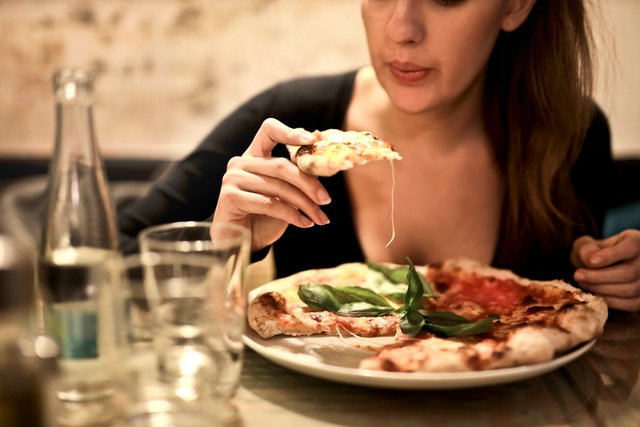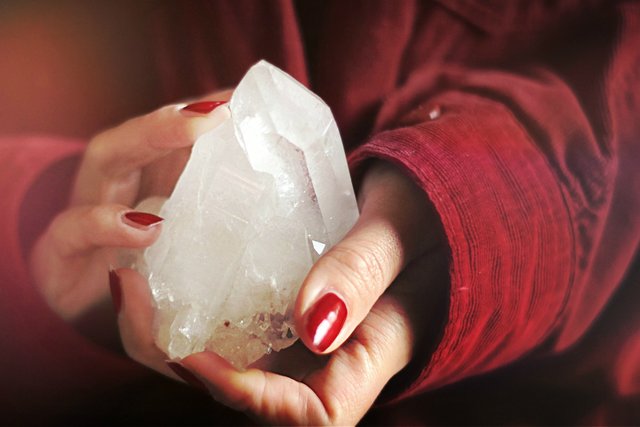A pizza; out of Parma, please!
Parma, a very specific request. But what should we know, we gastronomic operators, before administering a product dictated by a specific request?
Precisely for this reason, I went to Parma. Who better, than those who produce hams, can explain and make understand what Parma means and how do you get a real Parma Ham? When I reach Langhirano, an ancient ham factory attracts me. I enter and ask: “Do you allow me an interview? I'm the pizza chef of Nonna Nannina".
The guy looks at me and peers, my friend Gianluca helps me, smiles and pulls out the cardboard of our pizzas: "We make pizzas, but we care about excellence, so we're here. We want someone to explain to us how to make a ham and how we in the South can learn to recognize its quality ". The guy turns his back and climbs up a ladder.
“Where is it going?" - I ask him.
“To get a coat!" - He replies.
I go in the car to get my gown, that of the pizza maker! That's how we start the journey. We introduce ourselves: " Nice to meet you, my name is Pasquale Bisogno and this is our communication professional Gianluca Tesauro".
He, shaking hands: " Pleasure Massimiliano, Maestro Salvatore and passionate about hams and sausages".
Start the journey and the curiosity: "Let's start from the etymology Mr. Massimiliano, what does the word Prosciutto mean?"
“In the territory of Armenia in the local dialect the term prosciutto is called pàr-sùt, that is, it seems dry, due to the aging of the meat which, in addition to enriching with a percentage of salt, loses a lot of water and in this way, the meat dries. Parma Ham has about 200 producers concentrated in the eastern part of the province of Parma, in particular in the Langhirano area. The stages of rearing and fattening of the animals as well as the subsequent treatment and seasoning are regulated and guaranteed by the consortium. Only very heavy legs are used (fresh weigh between 12 and 13 kg). It is also called sweet Hamas a low amount of salt is added during processing. The salting is accompanied by a short period of rest in cold storage and followed by the spreading of a valuable adrenal fat, the suet, made from pork.
This guarantees a slow drying so that the producer can season the leg for a long time (minimum 12 months), adding a little salt. When a cure is complete, the boned product should come out on the market with a weight between 7 kg and 8 kg, while the bone product should weigh between 9.5 kg and 10.5 kg. Parma hams with a weight that differs a lot from those just mentioned, have a lower commercial value ".
Mr. Massimiliano's information was very useful and for this reason, I look at Gianluca. My look at him is convinced of one thing: the right way is to get valid lessons from those in the industry, from those who work in the world of gastronomic excellence with passion, just like Massimiliano.
All this not only to know which products are preferred on pizzas but to convey knowledge to the consumer. Because he has the right to know what he eats, he has the right to know what are valid Italian products.



